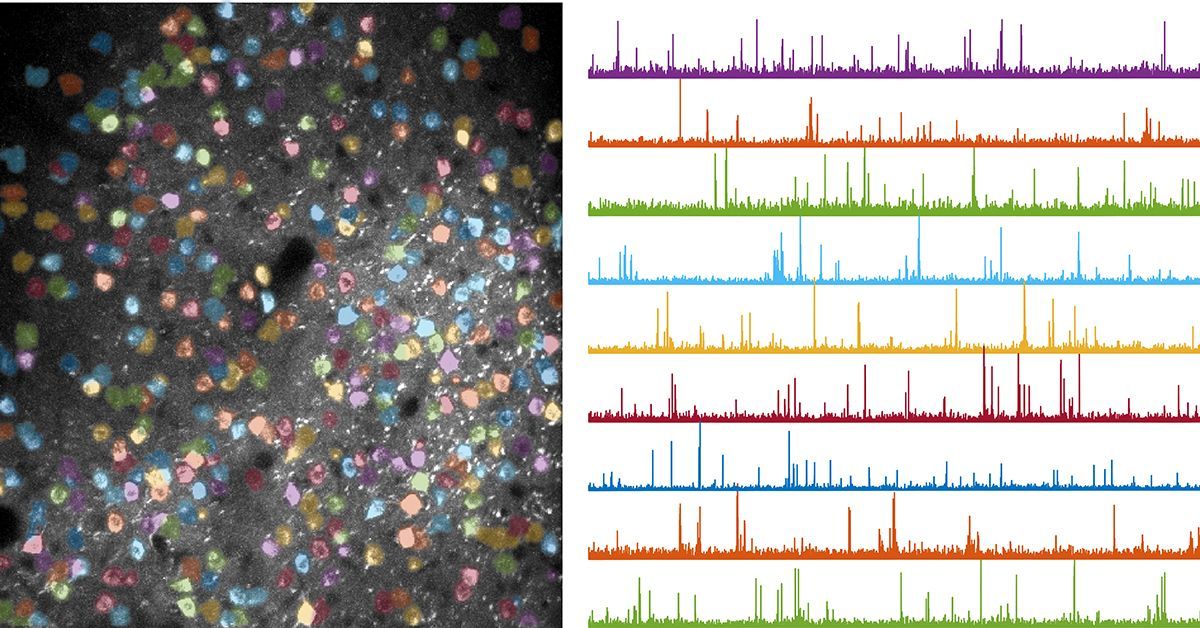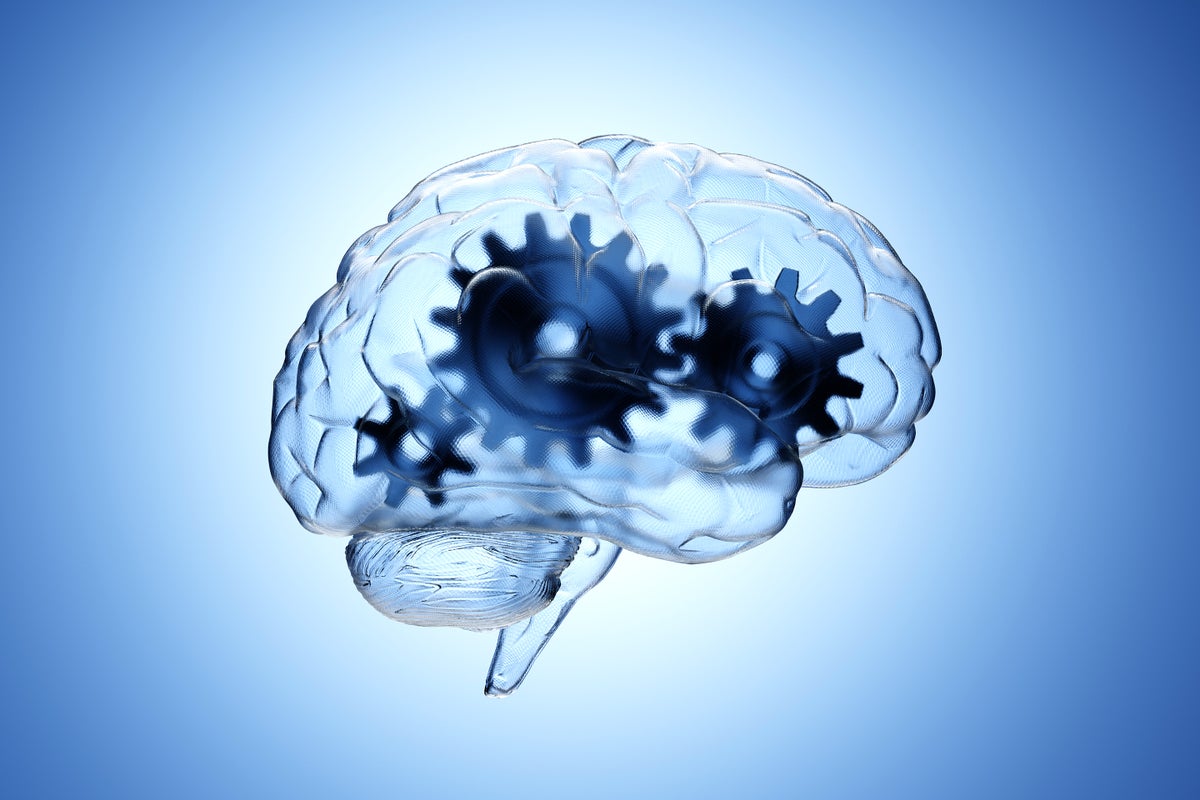Neuroscientists
Idrissa Akuna Elba (; born 6 September 1972) is an English actor and DJ. An alumnus of the National Youth Music Theatre in London, he is known for roles including Stringer Bell in the HBO series The Wire (2002–2004), DCI John Luther in the BBC One series Luther (2010–2019), and Nelson Mandela in the biographical film Mandela: Long Walk to Freedom (2013).

